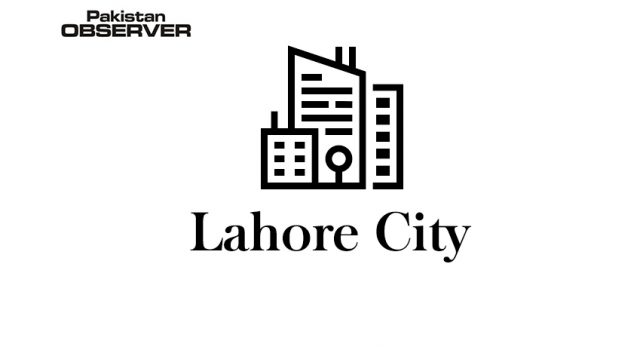Staff Reporter
The Nur Centre for Research and Policy organised a “Dissemination Webinar” and Launched the Advocacy Campaign for Project Safar-e-Hifazat.
Through the online session, Nur Centre for Research and Policy (NCRP) shared the Research Findings of Safar-e-Hifazat with Key Stakeholders and discussed the way forward for Life Skills Based Education in Pakistan, based on the recommendations of experts present in the meeting.
Project Safar-e-Hifazat was implemented by NCRP under Nur Foundation and AmplifyChange, the technical research arm of NUR-Fatima Memorial System (NUR-FMS), Lahore.
The NCRP has multi-faceted projects and programmes to generate, collate and disseminate evidence for strengthening policy-making and planning as well as reforming practice in the sectors of Health, Education and Integrated Community Development.
Safar-e-Hifazat is a research based project in which Life Skills Based Education (LSBE) was delivered in Government schools in Lahore to girls and boys (aged 13 to 14).
Before implementing LSBE they conducted a baseline survey to evaluate and record the awareness level of students.
After imparting training, an endline survey was conducted to assess the impact of LSBE on health, safety and self-esteem of the students.
The results show that delivering LSBE Curriculum to adolescents (both girls and boys) in Government schools for only four months empowered them to make informed choices about their health and well-being.
The result of the research study shows that LSBE is essential for protection and empowerment of youth and children.
Students (girls and boys) aged 13 to 14 years in Lahore Government schools show significant improvement in their attitude and awareness on important life skills that has raised their confidence and self-esteem.
According to a report by Sahil organisation, published in Newspaper on August 26, 2020 as many as 1,489 children, at least eight per day, were sexually abused in the country, from January to June, 2020.
Given the rising incidence of abuse and violence against children all across Pakistan, and absence of supportive relationships and information sources available to adolescents, it is essential to educate and empower adolescents on forms of abuse and strategies for protection.









